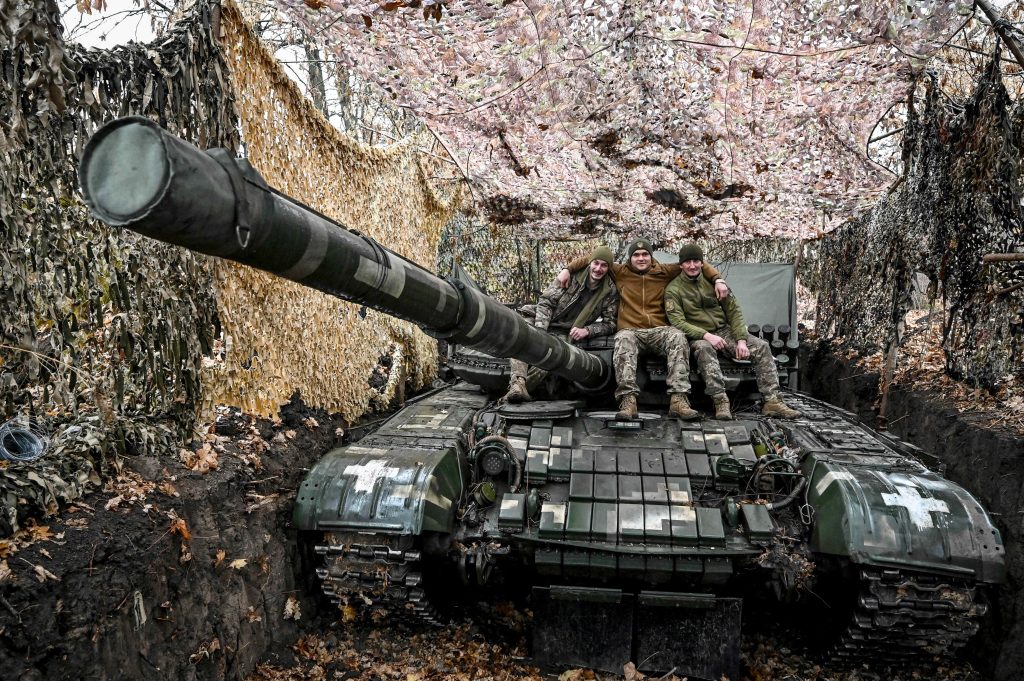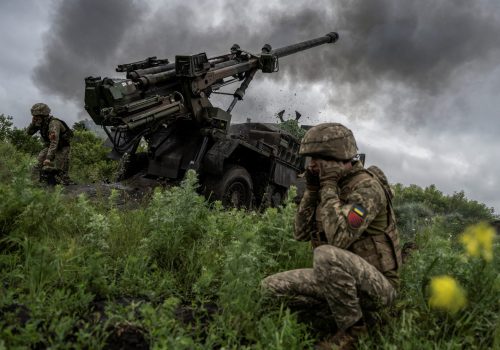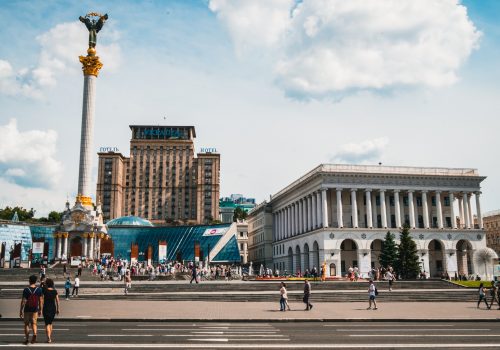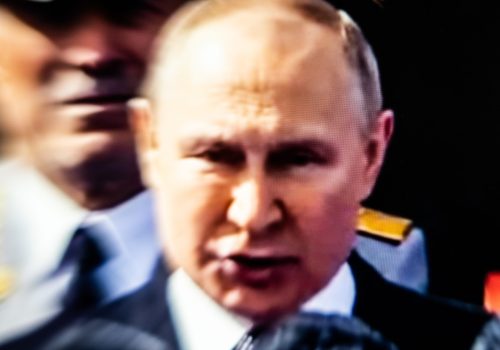
Arming Ukraine is the cheapest way to stop Putin’s resurgent Russia
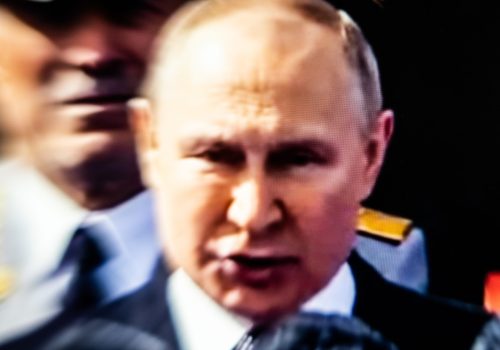
As members of the US Congress continue to debate the future of their country’s support for Ukraine, US President Joe Biden has reminded everyone of the pragmatic argument for continued military aid.
“If we walk away from the challenges of today, the risk of conflict could spread, and the costs to address them will only rise,” wrote Biden in a November 18 opinion piece in the Washington Post. “We know from two world wars in the past century that when aggression in Europe goes unanswered, the crisis does not burn itself out. It draws America in directly. That’s why our commitment to Ukraine today is an investment in our own security. It prevents a broader conflict tomorrow.”
At a time when politicians on both sides of the Atlantic are becoming increasingly alarmed by the high price of arming Ukraine and the lack of any obvious pathway to Ukrainian victory, Biden’s comments are particularly welcome. They remind skeptics that while the price of defeating Russia in Ukraine is admittedly high, the cost of stopping Putin will only rise if his invasion is allowed to succeed.
Stay updated
As the world watches the Russian invasion of Ukraine unfold, UkraineAlert delivers the best Atlantic Council expert insight and analysis on Ukraine twice a week directly to your inbox.
War is an expensive business, as Ukrainians know only too well. Next year, the Ukrainian authorities plan to spend around half of the entire state budget on defense. This is in stark contrast to defense spending in neighboring NATO countries, many of which still struggle to meet the Alliance’s annual funding target set at two percent of GDP.
If military aid to Ukraine slows in the coming months and the country is left without the tools to defend itself, Putin could succeed in his war aim of seizing and subjugating all or most of the country. This would transform the global security climate. Triumphant Russian troops would advance across Ukraine to NATO’s eastern borders. With NATO discredited and humbled by the fall of Ukraine, the Kremlin would be tempted to further test the resolve of the Alliance.
In this environment, all NATO member countries would inevitably be obliged to dramatically increase defense spending. Earlier reluctance to meet NATO’s two percent target would soon be forgotten as countries scrambled to counter the looming threat posed by a resurgent Russia.
There is no way of knowing how Russia would behave in the aftermath of success in Ukraine, of course. The Kremlin could choose to pause and regroup before embarking on any new invasions, and might find itself preoccupied with consolidating its grip on newly occupied Ukrainian regions. Nevertheless, the obvious danger of further Russian aggression would necessitate an unprecedented wave of military spending across Europe that would dwarf the current cost of arming Ukraine.
Eurasia Center events

The current debate over continued military support for Ukraine is already emboldening Moscow and strengthening Vladimir Putin’s conviction that the West ultimately has no stomach for a full-scale confrontation with Russia. Putin does not face the funding uncertainties that plague Ukraine, and can rely upon an authoritarian economy to fuel his war machine.
The Russian dictator may also seek to generate further economic tension among his opponents by driving energy prices higher. With the United States about to enter an election year, the US electorate will be particularly sensitive to any rises in energy prices. This could negatively impact public opinion toward support for Ukraine. Most European countries are similarly vulnerable. Russia has already weaponized food supplies by blocking Ukrainian agricultural exports; further such acts of economic aggression can be expected.
As the full-scale invasion of Ukraine approaches the two-year mark with no end in sight despite catastrophic Russian losses, it should now be abundantly clear to any objective observer that Vladimir Putin is engaged in a messianic mission that goes far beyond the limited geopolitical objectives driving most modern world leaders. The invasion of Ukraine is central to his dream of reviving the Russian Empire and reestablishing it as a global superpower. He is fully prepared to pay a very high price to achieve his goal.
By unleashing Europe’s bloodiest conflict since World War II, Putin has burned all his bridges with West. He is now preparing for a long war and is attempting to consolidate an anti-Western authoritarian axis together with China, Iran, and North Korea. At this stage, it is wishful thinking to believe Putin can be bought off by sacrificing Ukraine. On the contrary, any attempts to appease him will only increase his appetite for further acts of aggression while inflating the price of defeating Russia. Arming Ukraine may be expensive, but it is by far the cheapest way to stop Putin.
Ivan Verstyuk is a Ukrainian analyst and commentator based in Kyiv.
Further reading
The views expressed in UkraineAlert are solely those of the authors and do not necessarily reflect the views of the Atlantic Council, its staff, or its supporters.

The Eurasia Center’s mission is to enhance transatlantic cooperation in promoting stability, democratic values and prosperity in Eurasia, from Eastern Europe and Turkey in the West to the Caucasus, Russia and Central Asia in the East.
Follow us on social media
and support our work
Image: Three tank crew members of the 65th Mechanized Brigade pose for a photo on a tank covered with camouflage nets. Ukraine, November 3, 2023. Ukrainian troops battling Russian forces brace for another grueling winter at war on the front line. (Photo by Dmytro Smolienko/Ukrinform/ABACAPRESS.COMNo)
